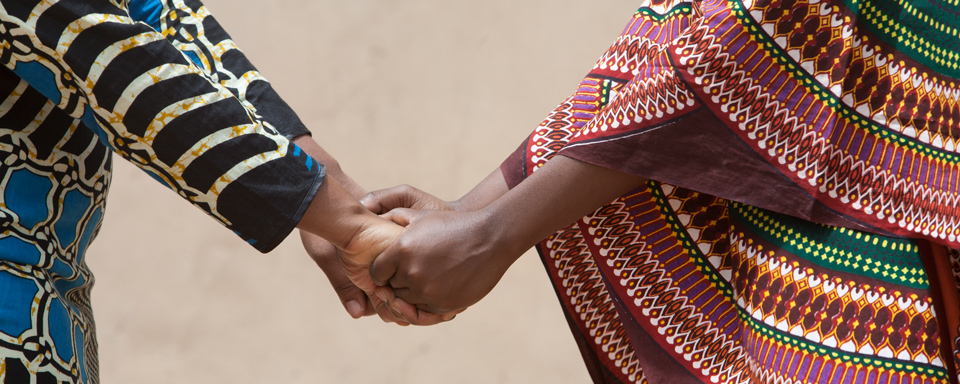
COFEM celebrates the strength and resilience of women working on the frontlines of humanitarian crises all over the world. These women overcome overwhelming challenges to provide assistance and support to people affected by natural disasters and conflicts in urban, regional and remote contexts. We want to recognize the tireless work and activism of local women humanitarians: the women who give voluntary care to the sick during the Ebola outbreak; the midwives who supervise births with minimal equipment in refugee camps for the Rohingya and elsewhere; the outreach workers traveling long distances to educate communities on important issues; and so many more. Despite the importance of their work, completed at great risk to their own mental and physical safety and wellbeing, these women are often overlooked. Why?
The answer lies in gender inequality which, as elsewhere, permeates the humanitarian aid sector. As a feminist network, we draw attention to gender inequality as a root cause of violence against women and girls in humanitarian and development settings. We know that the humanitarian aid sector replicates and reflects wider societal patriarchal structures and practices which discriminate against women—and in some instances, the sector actively promotes and protects the interests of males over females. This is evident in the neglect and under recognition of the services of local women humanitarians. We also recognise that the effects of these discriminatory practices are most acutely experienced by women humanitarians of colour at the intersection of multiple oppressions.
We stand in solidarity with all women humanitarians — whether it be those working on the frontlines, or those tackling the glass ceiling in the humanitarian sector, or procuring funding for under resourced local women humanitarians, or ensuring that the #AidToo movement succeeds in holding perpetrators of sexual harassment and abuse within the humanitarian sector responsible.
This World Humanitarian Day, let’s pause and reflect on what humanitarian response would look like without women humanitarians and vow to do everything within our power to support them. We call on the humanitarian aid sector to ensure that local women humanitarians are recognised for the work they do, celebrated as agents of change, and provided with the support and resources they need to do their work effectively.